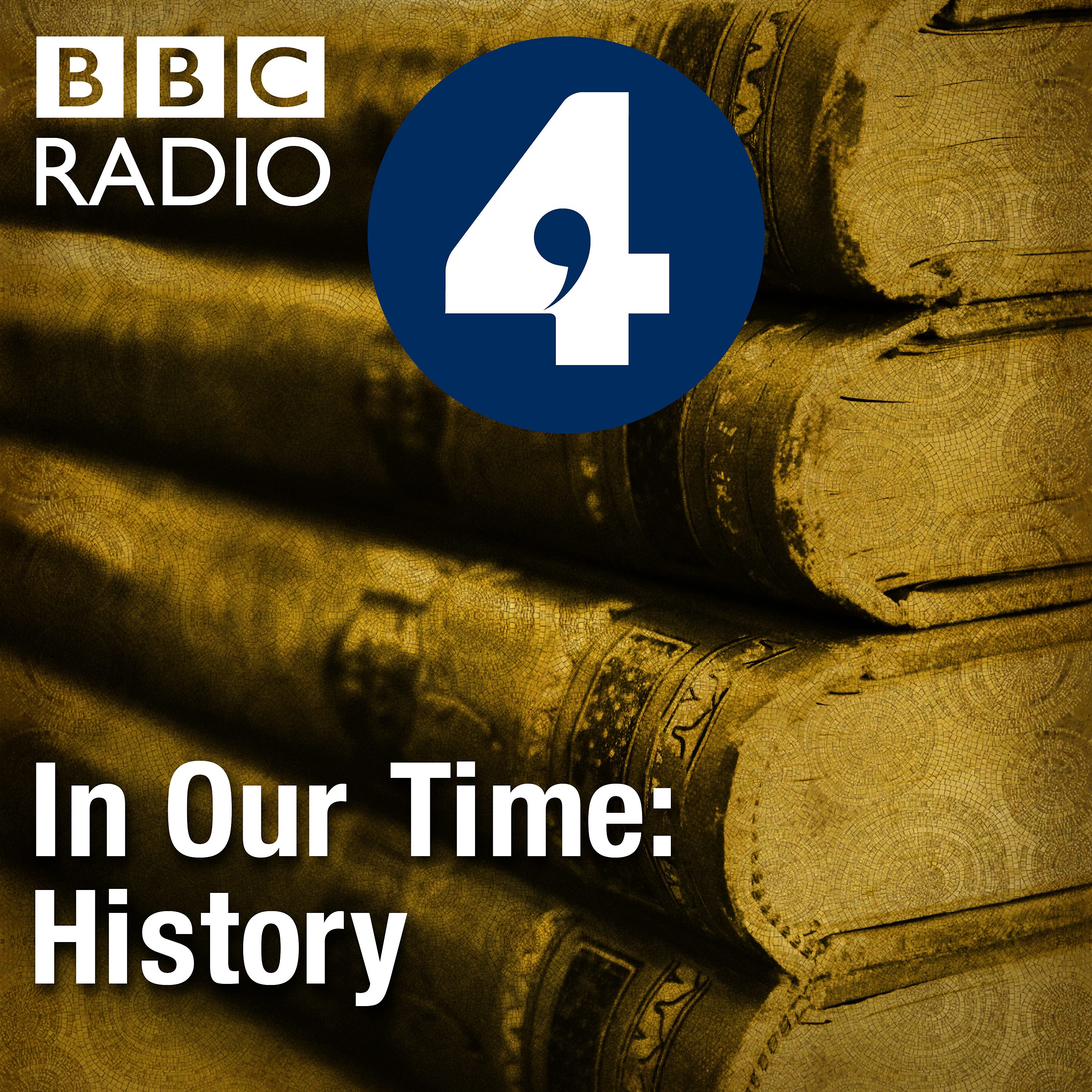The Great Irish Famine
Description
Melvyn Bragg and guests discuss why the potato crop failures in the 1840s had such a catastrophic impact in Ireland. It is estimated that one million people died from disease or starvation after the blight and another two million left the country within the decade. There had been famines before, but not on this scale. What was it about the laws, attitudes and responses that made this one so devastating?
The image above is from The Illustrated London News, Dec. 29, 1849, showing a scalp or shelter, "a hole, surrounded by pools, and three sides of the scalp were dripping with water, which ran in small streams over the floor and out by the entrance. The poor inhabitants said they would be thankful if the landlord would leave them there, and the Almighty would spare their lives. Its principal tenant is Margaret Vaughan."
With
Cormac O'Grada
Professor Emeritus in the School of Economics at University College Dublin
Niamh Gallagher
University Lecturer in Modern British and Irish History at the University of Cambridge
And
Enda Delaney
Professor of Modern History and School Director of Research at the University of Edinburgh
Producer: Simon Tillotson
More Episodes
Melvyn Bragg and guests discuss the most influential work of Thorstein Veblen (1857-1929). In 1899, during America’s Gilded Age, Veblen wrote The Theory of the Leisure Class as a reminder that all that glisters is not gold. He picked on traits of the waning landed class of Americans and showed...
Published 12/14/23
Published 12/14/23
Melvyn Bragg and guests discuss the North African privateers who, until their demise in the nineteenth century, were a source of great pride and wealth in their home ports, where they sold the people and goods they’d seized from Christian European ships and coastal towns. Nominally, these...
Published 12/07/23


